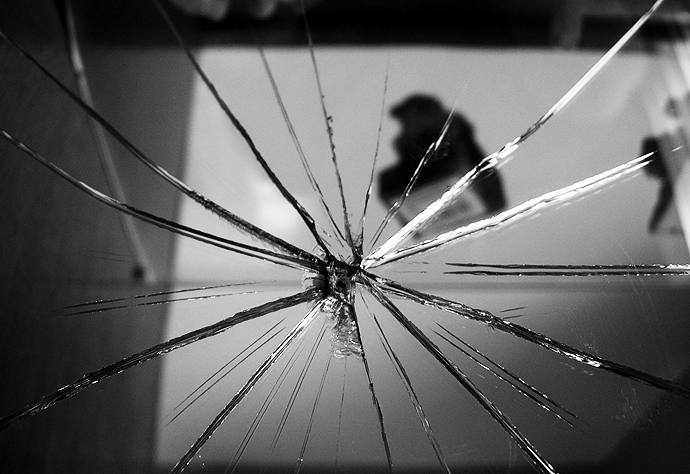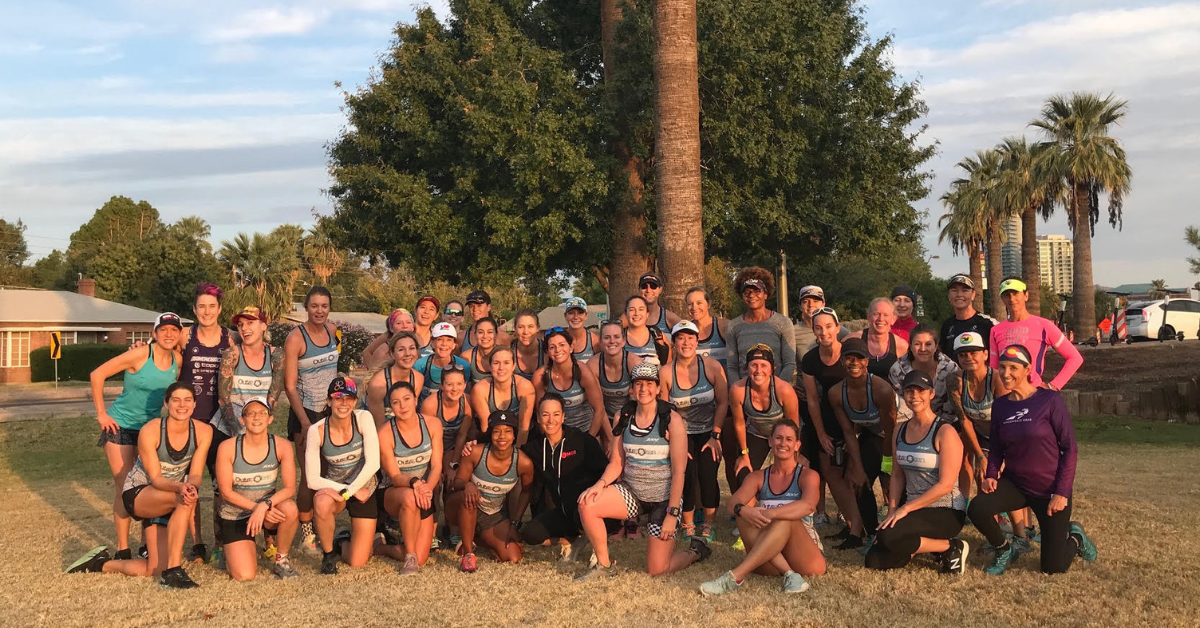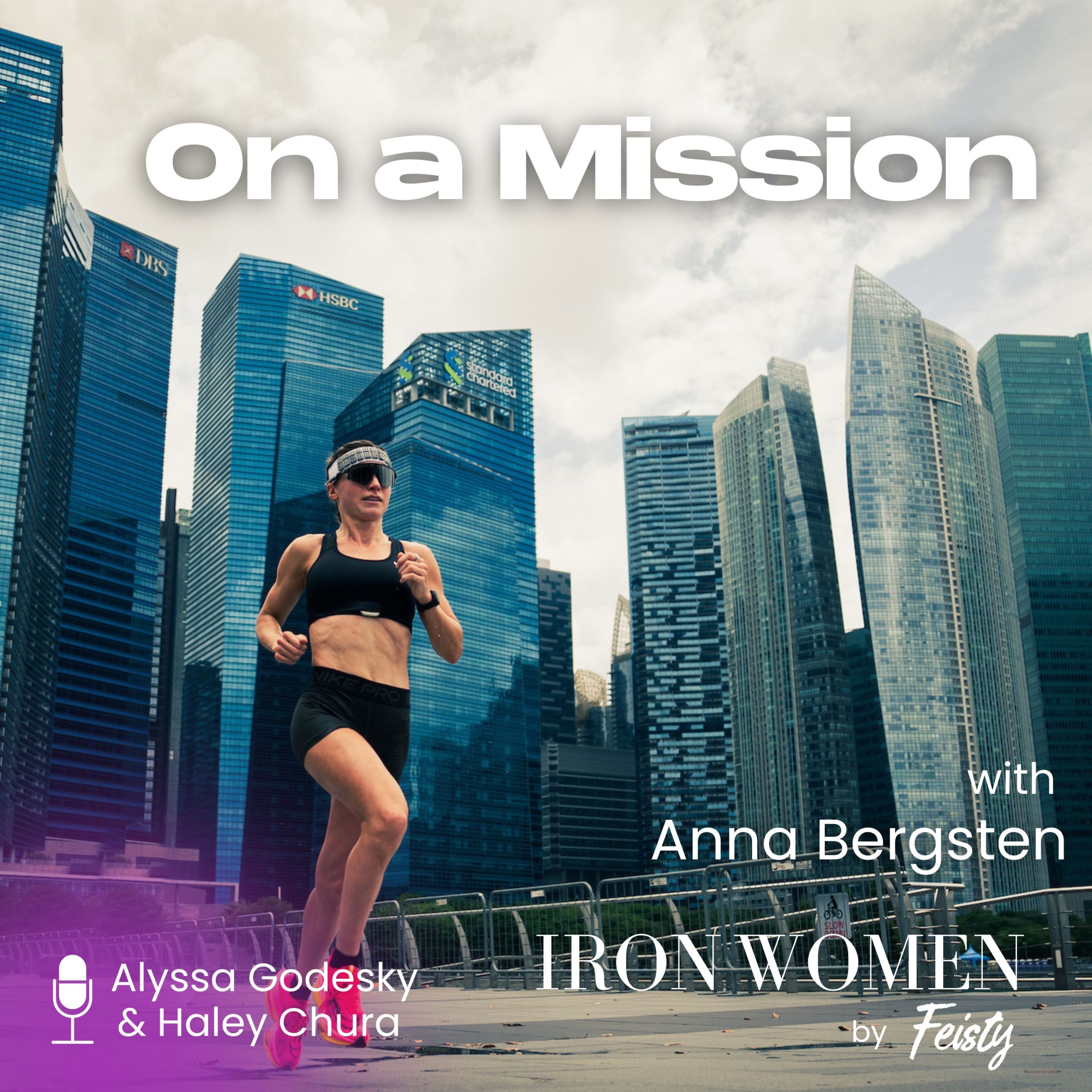July 15, 2017
Surviving war, mental illness and divorce under Islamic Law

text by Sara Gross
“This whole journey for me has been about what defines me as a woman in Arab society. It’s been about self confidence, and triathlon is about self confidence on a massive scale.” -Layla*
We’ve all heard stories about women who found the courage to leave bad situations by the strength gained through physical training. This one takes it to another level.
Layla met her husband in a nightclub during their college years in London, England. She is from Bahrain and he is Syrian/Lebanese. They married when they moved to Damascus to build a life together. It was many years and three kids later when Layla’s husband began to suffer from depression. War broke out and the family fled Syria for Lebanon. Depression continued to take hold of Layla’s beloved and with it came an extreme fundamentalist Muslim faith.
She is telling a tale of fear and hopelessness that required courage beyond what most of us can imagine.
Layla knew she had to leave, for her kids and her own sanity, but found herself bound to a marriage by a version of Shari’a Law that offers few choices for women. Finding the courage to get up each morning and run or swim or lift weights provided a modicum of sanity in an increasingly intense situation and ultimately gave Layla the strength she needed to move forward.
I spoke to Layla one afternoon in March at a coffee shop in Manama. She speaks fluent English, is clearly bright and has energy to spare. What strikes me is that she is telling a tale of fear and hopelessness that required courage beyond what most of us can imagine but when she talks to me it feels like she’s telling me what she did over the summer holidays.
At first, it was hard for Layla to admit she had to leave her marriage: “People would say, ‘You’re not happy.’ It was so obvious but I couldn’t let go. I wasn’t ready, I thought, ‘What am I going to do without my name?”
“Let’s get you some proper medical treatment. I’m not going to leave you. We need to know what’s going on. It’s scary,”
Divorce in Islam is permitted by both a husband or wife, however, the steps to obtaining a divorce vary widely between traditions. In Layla’s case, her marriage was bound by a strict Sunni version of Shari’a, one that does not favour women who want to leave – one that would strip her of her name, and by extension, her identity.
For the first three years of her husband’s depression the family lived in Damascus. At first it was he who wanted to leave, but Layla refused; “Let’s get you some proper medical treatment. I’m not going to leave you. We need to know what’s going on. It’s scary,” she said.
They went to a psychiatrist; “She diagnosed him with depression and put him on Prozac. He became very afraid and would stay home every day. As he got better, he would go to work but his whole personality changed. For me, it seemed like the Prozac did it to him. He became afraid.”
You have to get up every morning and do whatever it is you love to do.
The Syrian war, said to be the most deadly of the 21st century, started in March 2011; “My parents said, ‘You need to go to Beirut.’ We all went to Lebanon to stay with them. Then we went back to Damascus to see the psychiatrist because he (her husband) wasn’t getting any better.”
It was at this time that Layla had a turning point in her journey; “She (the psychiatrist) took me aside and said, ‘Layla, You have to get up every morning and do whatever it is you love to do.’ At that time I was running and swimming and I was lifting weights. She said, ‘You need to get up every morning and make sure you do those things because I tell you, it’s going to be a long time before he comes back. He’s in a really bad way. So I signed up to do a triathlon. I felt so good afterwards and I thought ‘Wow, this is so much fun.’”
Layla’s husband continued to spiral and as his depression worsened, his fanatical beliefs became deeply ingrained; “I got to the point where I couldn’t take it anymore. He drove the car into a wall with me in it because I answered him back about something. I wasn’t ok.”
He used to tell me that when he dies he will suffer more because of my ‘disobedience’ because he couldn’t make me pray.
Things went from bad to worse for Layla: “He told me, ‘You’re never leaving’ and ‘You are a whore and you have no name.’ Sometimes, he would take the kids out in the car, choose a really nice big house and say, ‘We’re going to live here. If your momma wants to come, we can all move in here.’”
Layla asked him numerous times to leave, but he refused. She finally convinced her husband to move out and into the bottom half of a duplex owned by his parents. He promptly locked himself in the basement and didn’t come out. Her kids asked, ‘Mom, when are you going to end this?’
“In the end,” Layla tells me, “I went over to his sister’s house and said, ‘That’s it, I want a divorce.’ And they were shocked. ‘You want a divorce? As an Arab woman?’”
Her husband told her; ‘You can’t leave, I’m married to you, I own you.’
Layla believes that her husband hid behind religion; “He used to tell me that when he dies he will suffer more because of my ‘disobedience’ because he couldn’t make me pray. And he believed it.”
So Layla got a lawyer.
The first thing the lawyer told Layla was to be quiet and not to provoke her husband because by law, at any minute, he could take away the kids and she could lose them. She was not protected.
According to Layla, under Shari’a law, at a certain age boys and girls have to go live with their fathers; “It’s older for girls than boys,” Layla tells me. “In some countries it’s around eleven when girls get their periods, but in my husband’s tradition it’s nine years old.”
“My daughter is seventeen and he still threatens her with ‘I’m going to beat you’ and ‘I’m going to piss on you’,” Layla states solemly: “Knowing that my husband could take my kids back at any time stops me from living with a man. He would go crazy if another man was living with me and the kids. That’s how it is in Islam. There is some sick thinking that if I live with another man he might sleep with my daughter.”
And for many months, Layla’s husband did threaten to take the kids. At one point, he even paid the guard in her building to report back about Layla’s comings and goings. Cunning Layla came up with a plan; “At 6 am I packed up the kids with a bunch of their things and drove them to his house. He said: ‘What are you doing here?’ I said, ‘You want your kids? Here they are.’ Then, I went on a bike ride.”
Post-ride, Layla went to the beach by herself, ordered a bottle of rosé, smoked a packet of cigarettes and waited: “He finally wrote me at 9pm and said, ‘They want to come home.’ So I said ‘Do not threaten to take them again’ and he agreed. I had to do it.”
Doing triathlon made me feel like I could do it.
Today, Layla lives a full life of work and training in Bahrain. Her husband is still in Lebanon, still lives in his parent’s basement and still does not have a job. Layla has joined a movement to help bring civil marriages to places like Lebanon and Bahrain. In Lebanon, progress has been made. In Bahrain, options are still limited. The only way to get married is under Islam.
Smiling, Layla looks me in the eye and says: “Now I can say it, I am happy to be divorced, I am happy to be free. The only thing I struggle with is what do I do now? Do I date again? How do I have a partner with three kids?” The understandable struggles of any divorced parent.
“I told my daughter, ‘Never get married here, fly somewhere to get married.’”
In the short term, this may be the best advice for women like Layla. Oh, and do what you love. For Layla, what she loves is triathlon: “Doing triathlon made me feel like I could do it. Just the fact of finishing it [Ironman] gave me confidence to admit to myself that I was miserable and I needed to change that. This whole journey for me has been about what defines me as a woman in Arab society. It’s been about self confidence and triathlon is about self confidence on a massive scale.”
A sentiment to which we can all relate.
*Layla’s real name is not revealed for her own protection.


 Outspoken Women in Triathlon Summit Returns Bigger than Ever
Outspoken Women in Triathlon Summit Returns Bigger than Ever  Driving the Lamborghini: Productivity and the Power of Paper
Driving the Lamborghini: Productivity and the Power of Paper  5 take aways from the Compete Sports Diversity Summit
5 take aways from the Compete Sports Diversity Summit  Simple Tips to Hone Your Bike Handling Skills
Simple Tips to Hone Your Bike Handling Skills 


